blog
Book Review: Our Strange New Land by Alex Harris
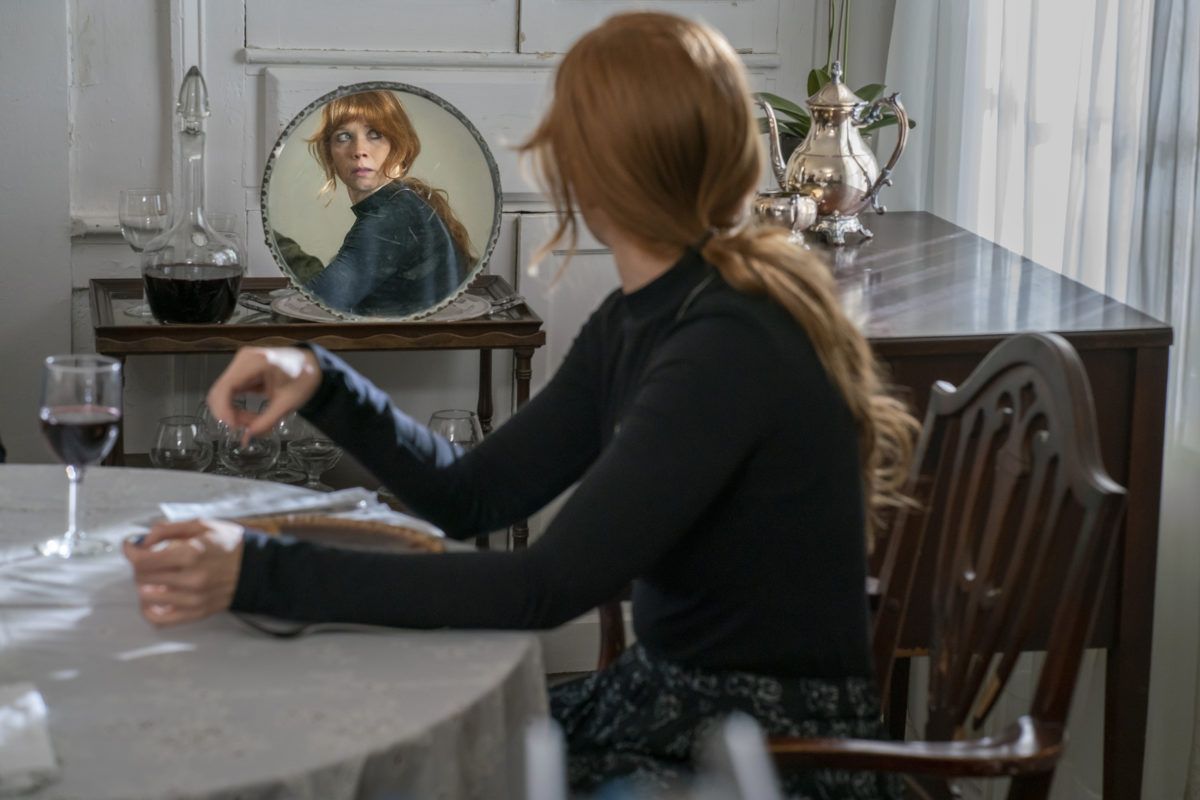
© Alex Harris – from Our Strange New Land
Images that part a curtain and invite us to see ourselves
The High Museum in Atlanta commissioned Alex Harris as part of its Picturing the South series. While the brief was to photograph anything in the American South, Harris chose to examine the rapidly evolving world of independent fiction filmmaking while also exploring our increasingly visual culture. His photographs were made on over forty film sets throughout the region. In his project, and throughout the book, Harris’ images reveal a new generation of filmmakers coming to terms with matters of race, class, and sexuality that relate not just to the South but to the whole country. His photographs hint at more universal aspects of life – the ways in which we are all actors in our own lives, creating our sets, practicing our lines, refining our characters, playing ourselves.
Alex Harris and editor Margaret Sartor have created this immersive photobook, using still photographs which blur the lines between documentary and fiction, and evoke their own cinematic-like narrative. Our Strange New Land is a portrait of the American South that is familiar to people who recognize themselves or their sense of place in these environs. Harris’ ability to tap into the familiar, and surprising, makes this book a complex cocktail of images and evocative settings which are delightful and frightening, sobering and beautiful.
The fictional narratives woven into the films Harris photographed show as much about ourselves and our Truths, as would to tell the non-fictional accounts. As Charles Bethea wrote about one photograph from this book for the New Yorker, “Harris’s photograph brings to mind the especially painful intertwined histories of race and law enforcement in the South. Yet the scene is a doubly staged moment of conflict — a picture of another picture being made in a region, and a country, that has not yet been able to fully make sense of, or prevent, scenes of the real thing.” The socio-political aspect of Our Strange New Land begs the question: Whose land? The inclusive ‘our’ in the title applies to who? And ‘new land’? We’ve covered this ‘narrative ground’ time and time again – but this is part of the strength of Harris’ work. The art of the telling, and re-telling of struggles, accomplishments and dreams are what it’s all about.
Context for Harris’ images is poignantly set by Toni Nicole Henderson-Day in her essay, Retroactive Dreaming. She speaks about her involvement in producing and making films allowing her to return to her life and see it “with the grace I’ve received from it.” The ability to pull from one’s personal history, the story of their own life, and reflect it in the telling of another story is a wonderful craft. Re-contextualizing unique and shared experiences is vitally important in the art of storytelling, in images and/or words. The result is timeless and universal.
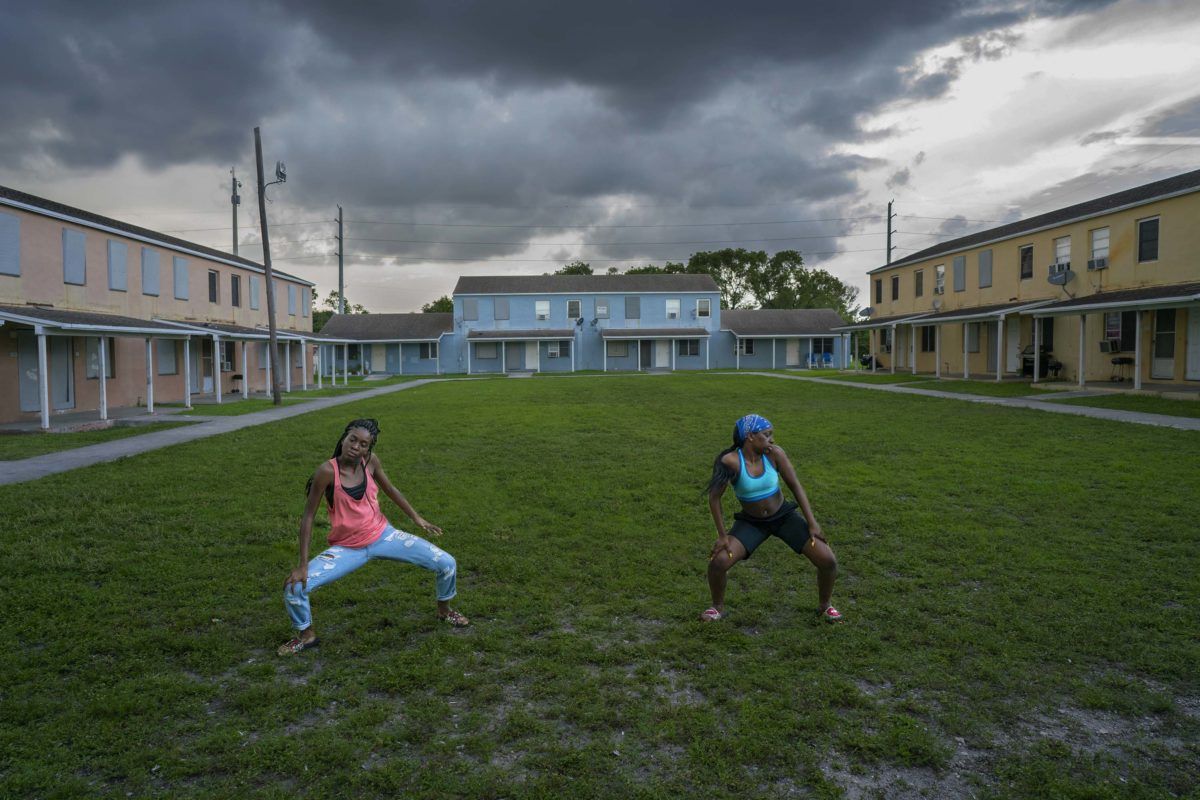
© Alex Harris – from Our Strange New Land
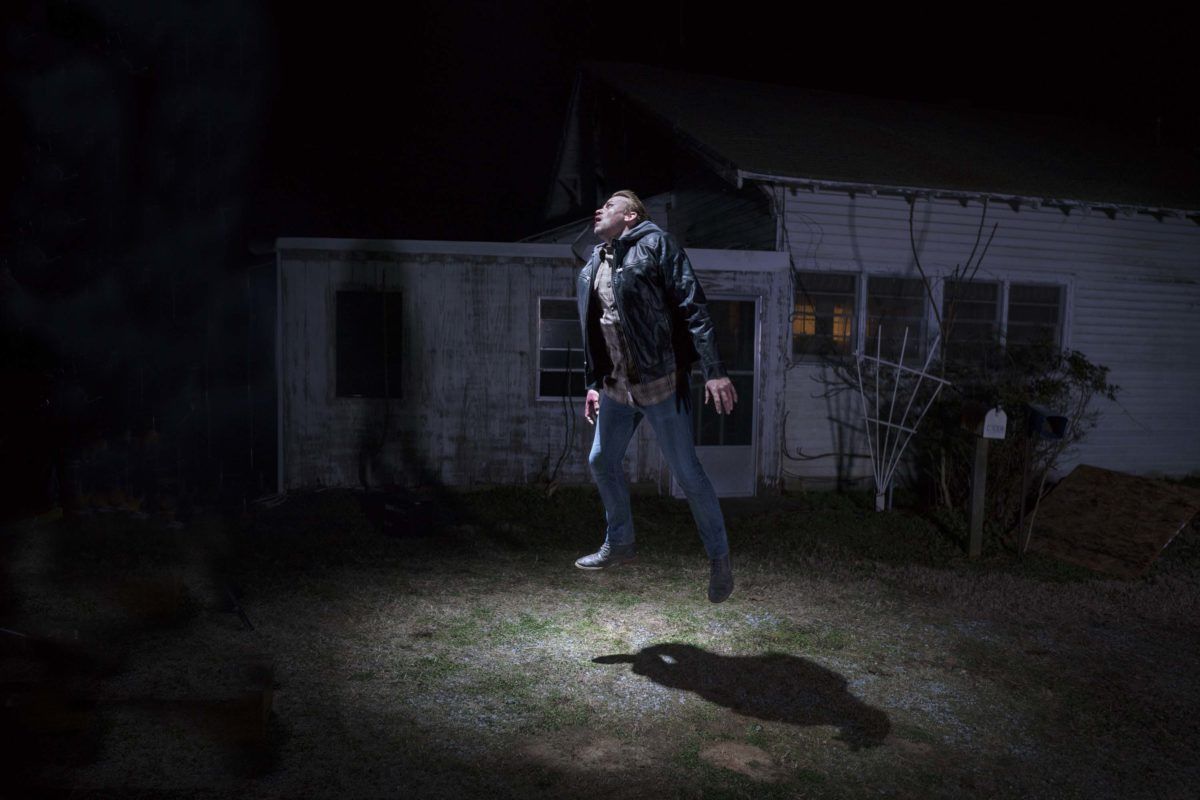
© Alex Harris – from Our Strange New Land
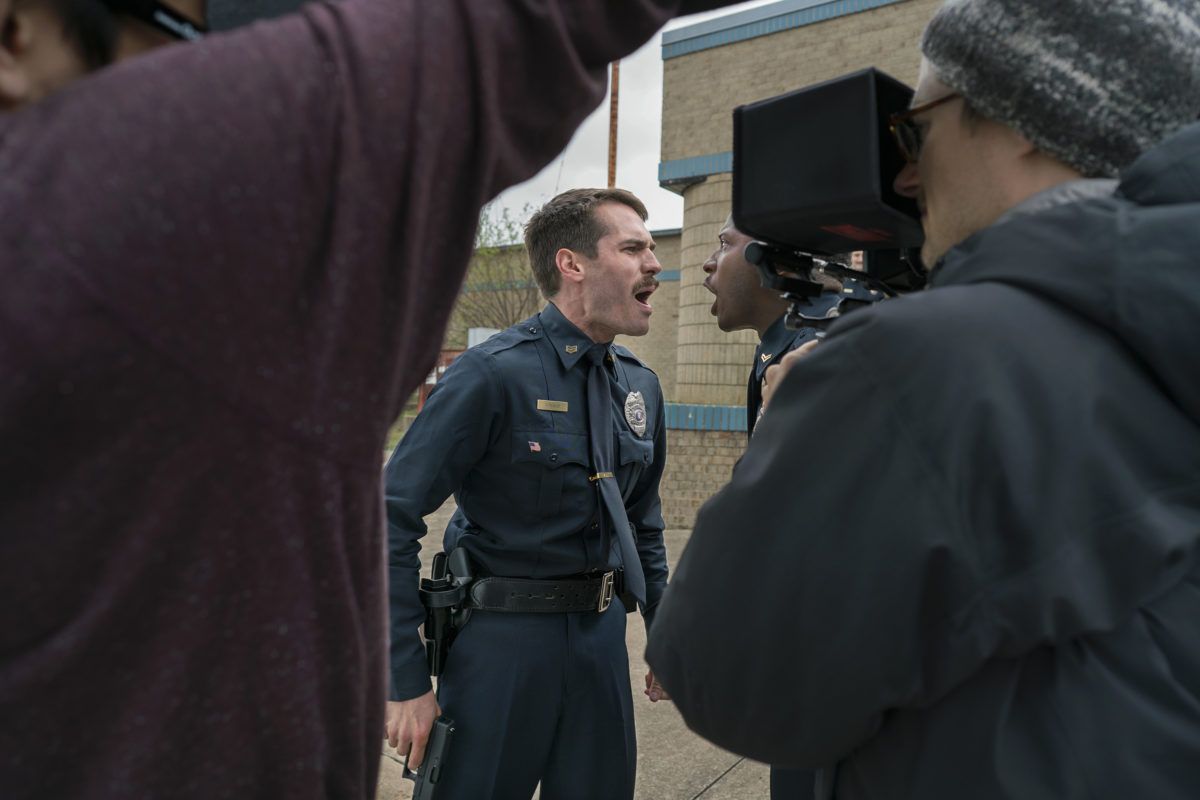
© Alex Harris – from Our Strange New Land
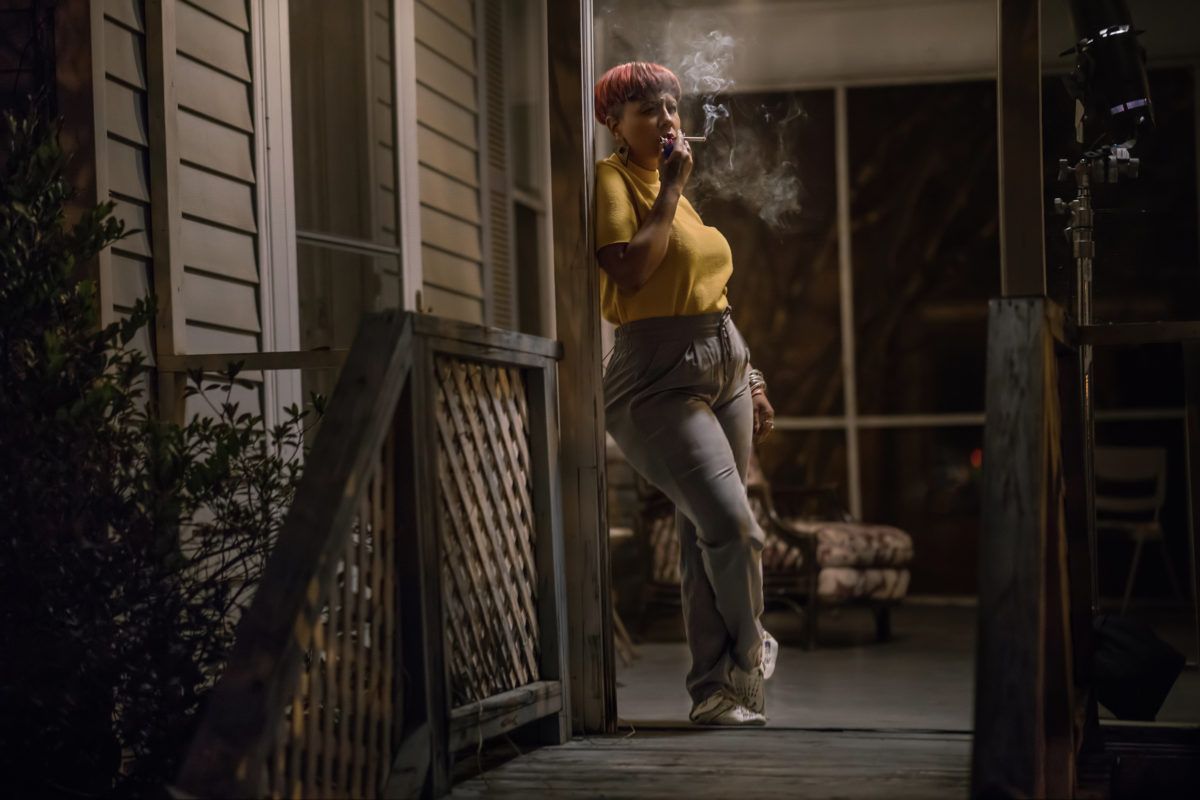
© Alex Harris – from Our Strange New Land
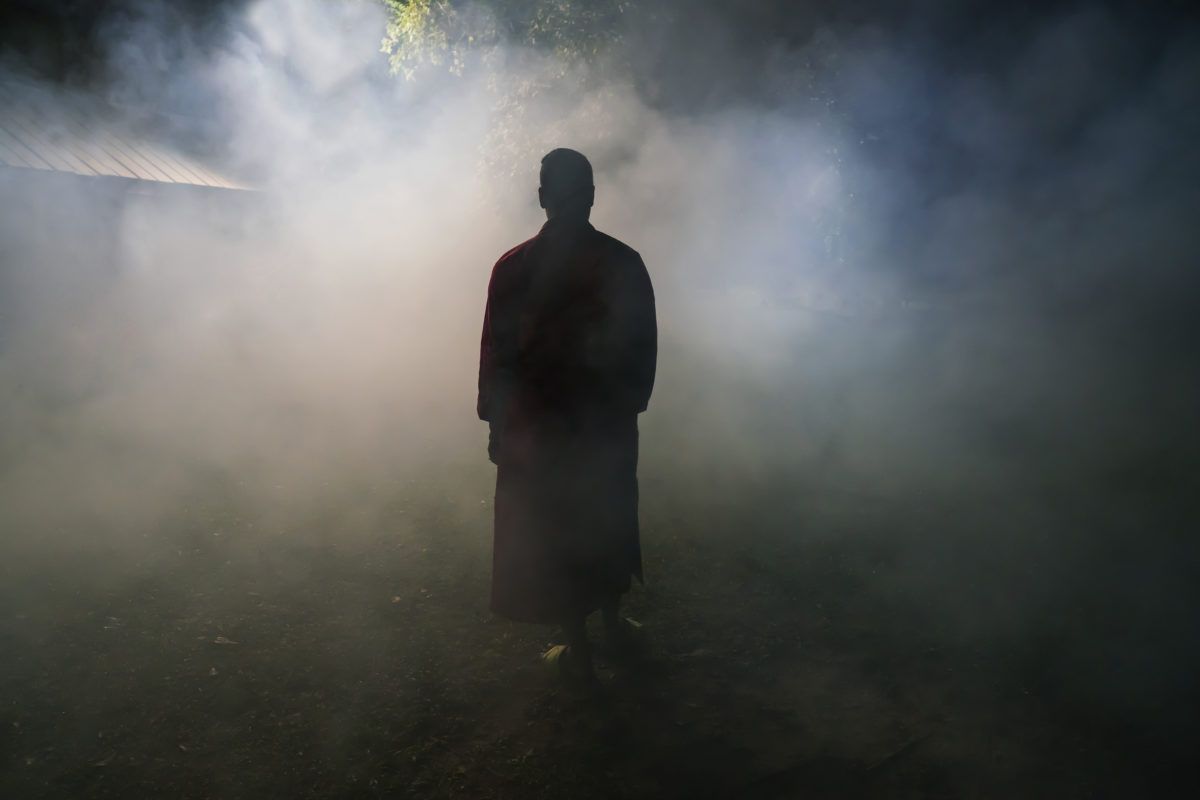
© Alex Harris – from Our Strange New Land
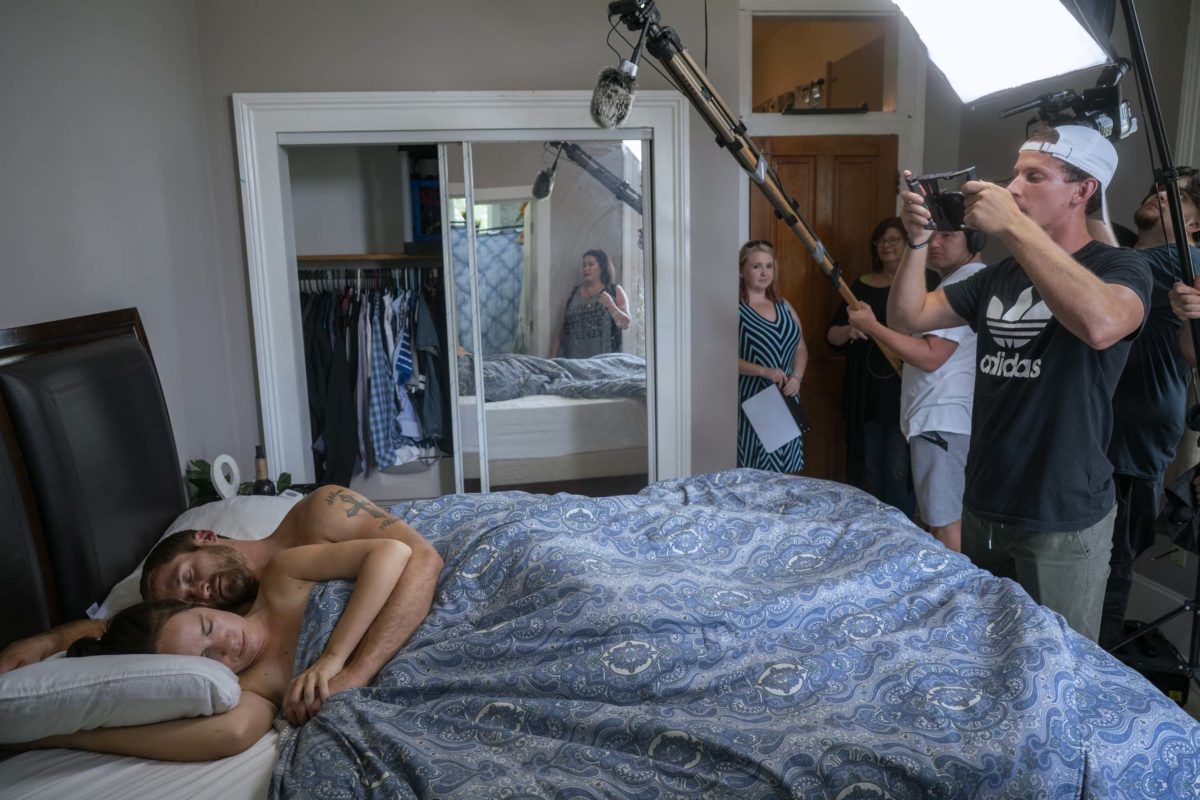
© Alex Harris – from Our Strange New Land
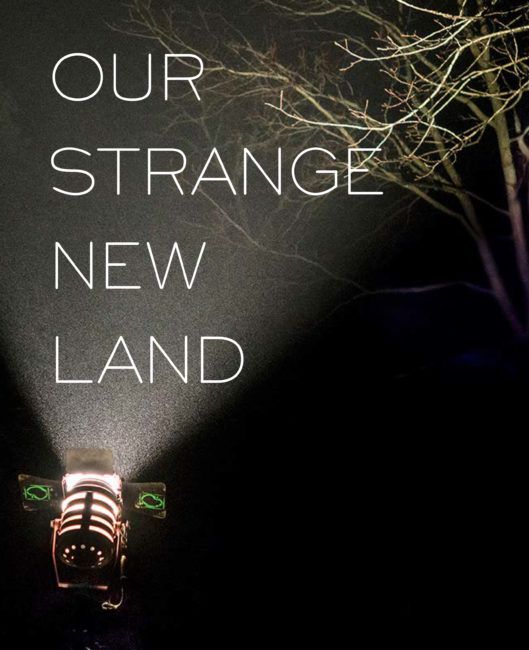
Our Strange New Land: Narrative Movie Sets in the American South
by Alex Harris
Edited by Alex Harris and Margaret Sartor
Essay by Roni Nicole Henderson-Day
Hardcover, 10.325 x 8.5 inches, 144 pages
Edition of 500
Published by Yoffy Press
Alex Harris is a photographer, writer, and teacher. He is a founder of the Center of Documentary Studies at Duke University and of DoubleTake magazine. Harris’ awards include a Guggenheim Fellowship in Photography and a Lyndhurst Prize. His work is represented in major museum photographic collections and his photographs have been exhibited widely, including a 2019-2020 solo exhibition at the High Museum of Art as the recipient of the Picturing the South commission.
Harris is represented by MB Abram in Los Angeles, Jackson Fine Art in Atlanta, and the Webster Collection in Santa Fe.
Margaret Sartor is a writer and visual artist. Her seven books include the critically acclaimed memoir Miss American Pie: A Diary of Love, Secrets, and Growing Up in the 1970s (2006) and What Was True: The Photographs and Notebooks of William Gedney (2000), with Geoff Dyer. Her photographs are represented in private and permanent collections, including the Museum of Fine Arts in Houston, Ogden Museum of Southern Art and North Carolina Museum of Art.
Roni Nicole Henderson is a Columbia, SC-based filmmaker, photographer, and educator. Her work has been exhibited in galleries, museums, and film festivals across the country and internationally including Spelman Museum of Fine Art, The Columbia Museum of Art, the Blackstar Film Festival, The Pan African Film Festival, and many more. In 2019, Roni was an Indie Grits Lab Filmmaker-in-Residence and a recipient of a South Carolina Film Commission Indie Grant, which funded her latest short narrative film, And the People Could Fly.
Location: Online Type: Book Review
One response to “Book Review: Our Strange New Land by Alex Harris”
Leave a Reply
Events by Location
Post Categories
Tags
- Abstract
- Alternative process
- Architecture
- Archives
- Artist residency
- Artist Talk
- Biennial
- Black and White
- Book Fair
- Car culture
- Charity
- Childhood
- Children
- Cities
- Collaboration
- Community
- Cyanotype
- Documentary
- Environment
- Event
- Exhibition
- Faith
- Family
- Fashion
- Festival
- Film Review
- Food
- Friendship
- FStop20th
- Gender
- Gun Culture
- Habitat
- home
- journal
- Landscapes
- Lecture
- Love
- Masculinity
- Memories
- Mental Health
- Migration
- Museums
- Music
- Nature
- Night
- nuclear
- Photomontage
- Plants
- Podcast
- Portraits
- Prairies
- Religion
- River
- Still Life
- Street Photography
- Tourism
- UFO
- Wales
- Water
- Zine

Hey people!!!
HAVE A NICE DAY